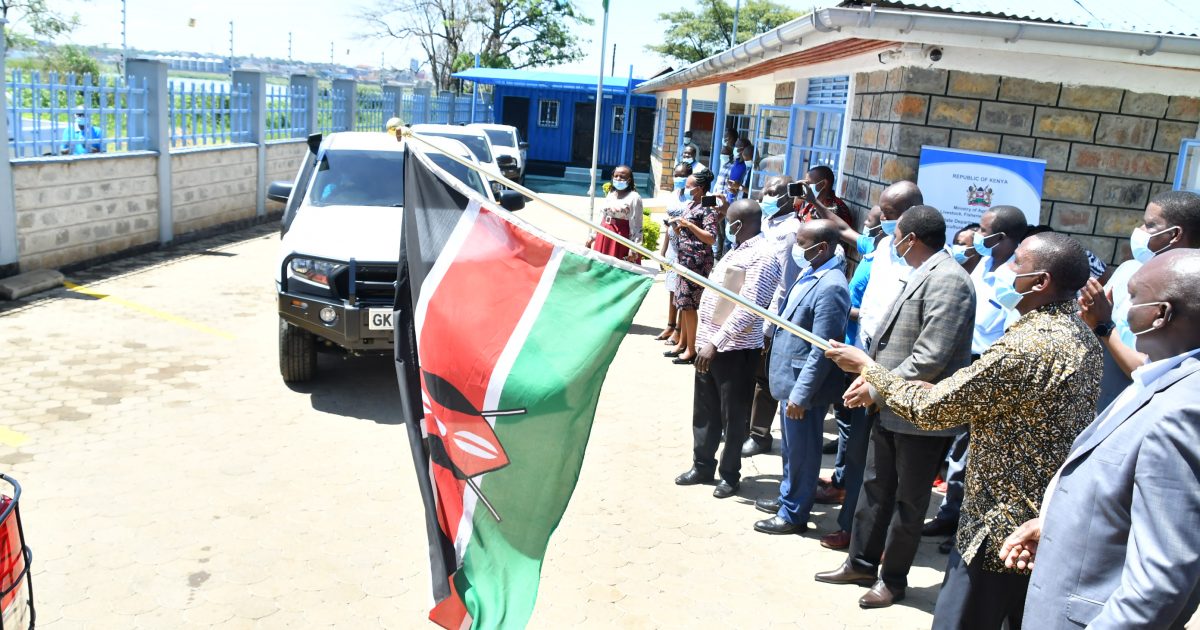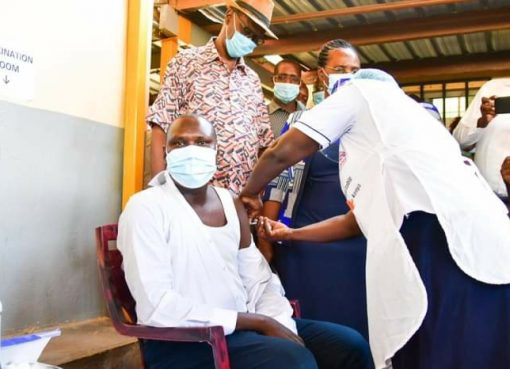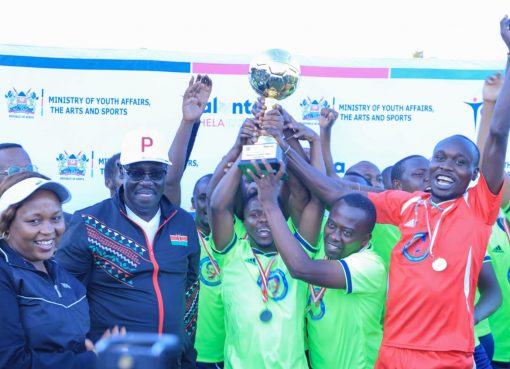The Ministry of Agriculture through support from the International Fund for Agricultural Development (IFAD) has procured nine vehicles to support aquaculture extension services.
The vehicles issued to Kisumu, Kisii, Tharaka-Nithi, Busia, Siaya, Kajiado, Machakos and Kiambu are expected to resuscitate the sector as envisaged in the government’s blue economy agenda.
Through the Sh 14.9 billion IFAD funded Aquaculture Business Development Programme (ABDP) which is being implemented in 15 counties, the government targets to scale up the fish value chain to increase the value of fish and fish products produced and sold.
Agriculture Cabinet Secretary (CS), Peter Munya, said the vehicles alongside other interventions to support fish farmers will go a long way in reviving the sector which has been neglected for many years.
In a speech read on his behalf by Agriculture Chief Administrative Secretary (CAS), Lawrence Omuhaka, during the flagging off of the vehicles in Kisumu on Friday, Munya said extension services at the County level have been greatly hampered by lack of resources.

He challenged devolved units to mainstream aquaculture in their County Integrated Development Plans (CIDP’s) to unlock funds to revive the sector.
The ABDP, he said, targets 35, 000 households where about 213, 000 beneficiaries are set to benefit from inputs, linings, nets and supplies to boost production.
Through Public Private Partnership (PPP), he said, fish processing plants shall be established in the participating counties, where farmers shall take their fish for processing and marketing.
On his part, Omuhaka said the project which runs for eight years is set to enhance access to markets for farmers and empower them economically.
He noted that farmers in Kakamega, have already secured a market with the European Union where they are expected to supply 68 tonnes of fish every month.
“We want farmers to take advantage of this opportunity and scale up production because there is a ready market,” he said.
Principal Secretary (PS), State Department of Fisheries, Aquaculture and Blue Economy, Dr Francis Owino, said the high cost of feeds and poor quality fingerlings were the biggest challenges facing the sector.
Feeds, he said, account for 60-70 per cent of the total cost of production thus pushing farmers out of business.
The project, he said, is set to enhance availability and affordability of feeds at the same time provide quality fingerlings for farmers to scale up production.
ABDP National Program Coordinator, Sammy Macaria, said processing plants have already been established in Kakamega, Nyeri, Meru and Migori, asking farmers benefiting from the program to register with the nearby plant.
Each plant, he said, must issue farmers with batch numbers to facilitate systematic supply of fish to avoid over harvesting.
Macaria said the project was a buildup of the 2009 Economic Stimulus Program (ESP), adding that an average farmer is expected to produce at least one tonne of fish per year.
The processors, he disclosed, have been facilitated by the project and have been directed to make timely payments to farmers.
The fish produced by farmers, he added, shall undergo routine analysis at the fish quality assurance laboratories to ensure that it is of the required standard.
“We are also collaborating with the Kenya Marine and Fisheries Research Institute (KMFRI) to conduct research on fish diseases to ensure that the fish released into the market is safe for human consumption,” he added.
By Chris Mahandara





